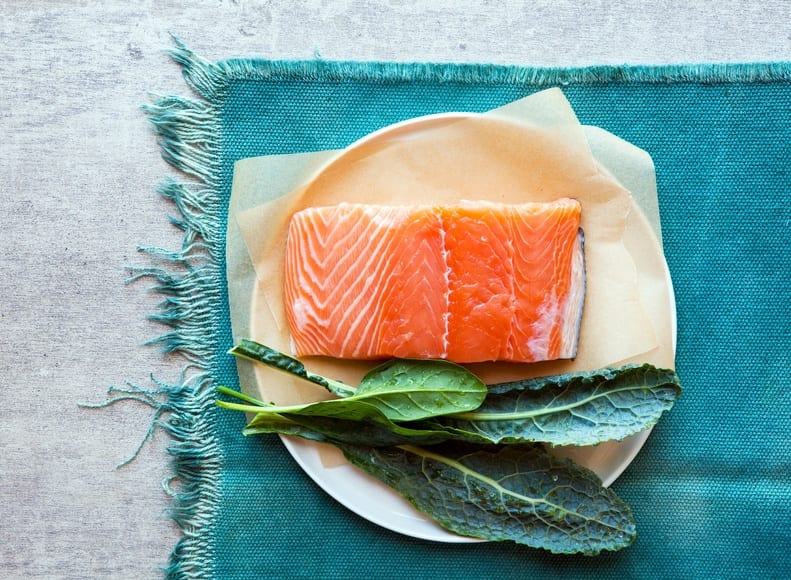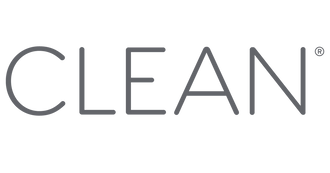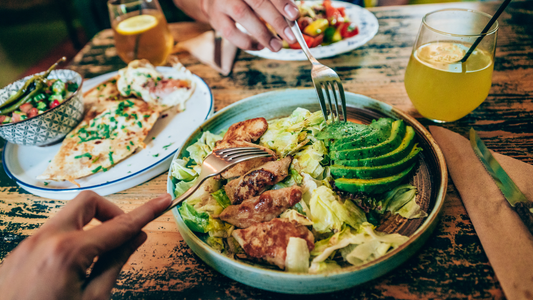
What Is The Deal With The Ketogenic Diet?

For decades, we have been conditioned to avoid fat at all costs. The first set of U.S. Dietary Guidelines warned us that fat was responsible for raising our levels of LDL cholesterol and contributing to cardiovascular disease. Many got swept up in the fat-free mania of the 80s and 90s, refusing to touch full-fat milk, cheese, and yogurt with a ten-foot pole. We internalized the notion that fat is bad, and carbs are good. Is that true? The low-carb, high-fat ketogenic diet flips this mentality completely upside down.
WHAT IS THE KETOGENIC DIET?
In the last few years, the ketogenic diet has made a major comeback since it was first used to treat epilepsy in the 1920s. Today, the keto diet is known for being a low-carb, high-fat diet that helps burn excess body fat, increase energy, and enhance mental and physical performance. You read that right – on the keto diet, the idea is to eat fat to burn fat. How does this work?
To know how the keto diet works, it’s first important to understand what happens when we eat carbohydrates. When we eat a bagel or a bowl of pasta, our bodies convert the carbohydrates into glucose. With the help of insulin, glucose travels to our cells where it is stored and can be used for energy later on. With glucose constantly flowing in, our bodies don’t need to tap into our fat supply. By lowering our intake of carbohydrates, the body is put into a state called ketosis.
Ketosis is a natural metabolic state our bodies initiate to help us survive when food is scarce. During ketosis, the body is forced to burn stored fat for fuel rather than carbohydrates. The goal with the keto diet is not to literally starve ourselves of food or calories, but to starve ourselves of carbohydrates. Generally, individuals on the keto diet aim to eat 60 to 75 percent of calories from fat, 15 to 30 percent of calories from protein, and 5 to 10 percent of calories from carbohydrates.
SO … FAT IS GOOD?
As researchers reflected on the early 90s, when people were avoiding fat and eating more refined grains and sugar, it became clear that Americans were getting heavier and more diabetic. Not only was obesity on the rise, there was no evidence that a low-fat diet reduced the risk of cardiovascular disease. Today, the keto diet reverses everything we’ve ever been told and claims that fat is good. Is it?
Let’s back up, because not all fats are created equal. There’s a difference between the ways saturated fat and unsaturated fat affect the body. Saturated fats, which mostly come from animal sources like beef, poultry, full-fat cheese, milk, and butter, can raise our “bad” cholesterol and contribute to cardiovascular disease – just as we were told in the 70s. Unsaturated fats come primarily from plant foods, like nuts and seeds, vegetable oils, and avocado. These types of fat actually reduce high blood cholesterol levels and may increased “good” cholesterol in the body. On the keto diet, most of your fat intake should come from these healthy unsaturated fats like coconut oil, olive oil, and grass-fed butter, if you can tolerate dairy.
WHAT ELSE CAN I EAT ON A KETOGENIC DIET?
Similar to the Clean Program, the keto diet encourages a wide range of colorful fruits and vegetables. People on the keto diet also eat a lot of grass-fed meat, pasture-raised poultry, cage-free eggs, and wild-caught fish. The keto diet avoids processed foods and sugary drinks, as well as inflammatory triggers like wheat, conventional dairy products, and sugar. With healthy fats like coconut, avocado, and more, it is possible to eat clean on a keto diet. However we don’t usually recommend ruling things out of your diet for long periods of time unless you are personally sensitive to them (plus we just like fruit).
IS KETO RIGHT FOR ME?
Many people are drawn to the keto diet because it takes a different approach to weight loss and wellness. There’s no calorie counting, no limits on portion sizes, and it doesn’t require a whole lot of willpower. If you’re thinking about trying the keto diet, the Clean Program offers a great way to clean the slate and start fresh, transform your health, and set healthy habits for life.
Written by Kate Kasbee
If you enjoyed this article, you might also like Why Can’t I Eat This on the Cleanse






